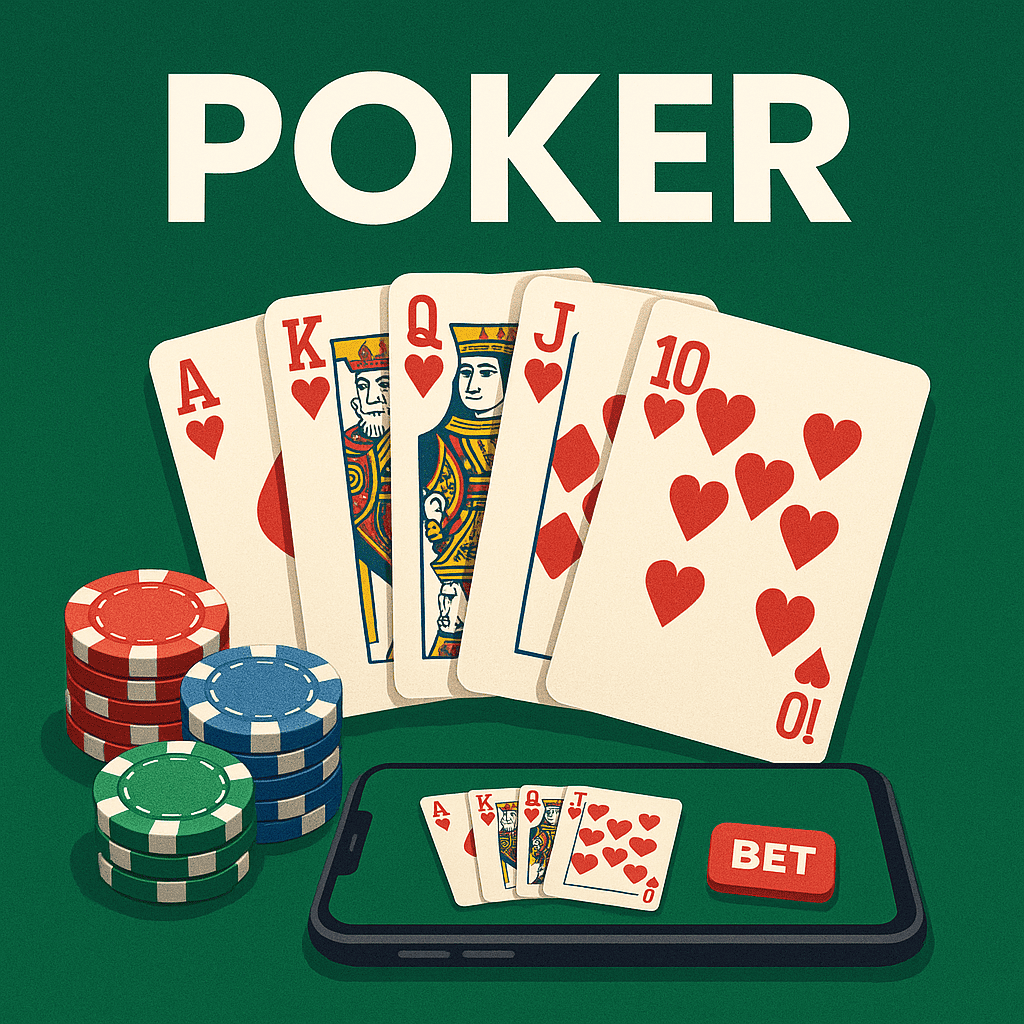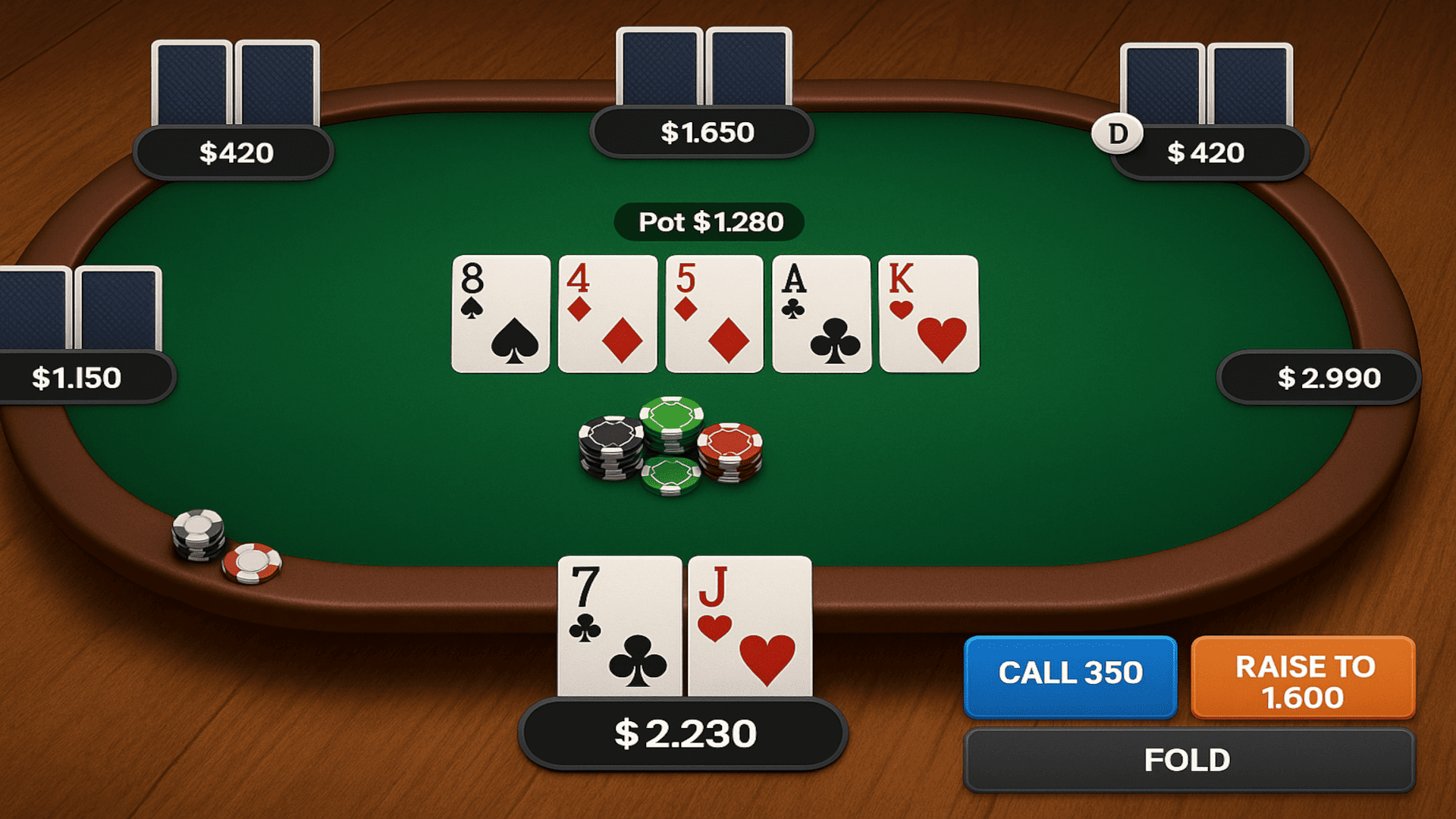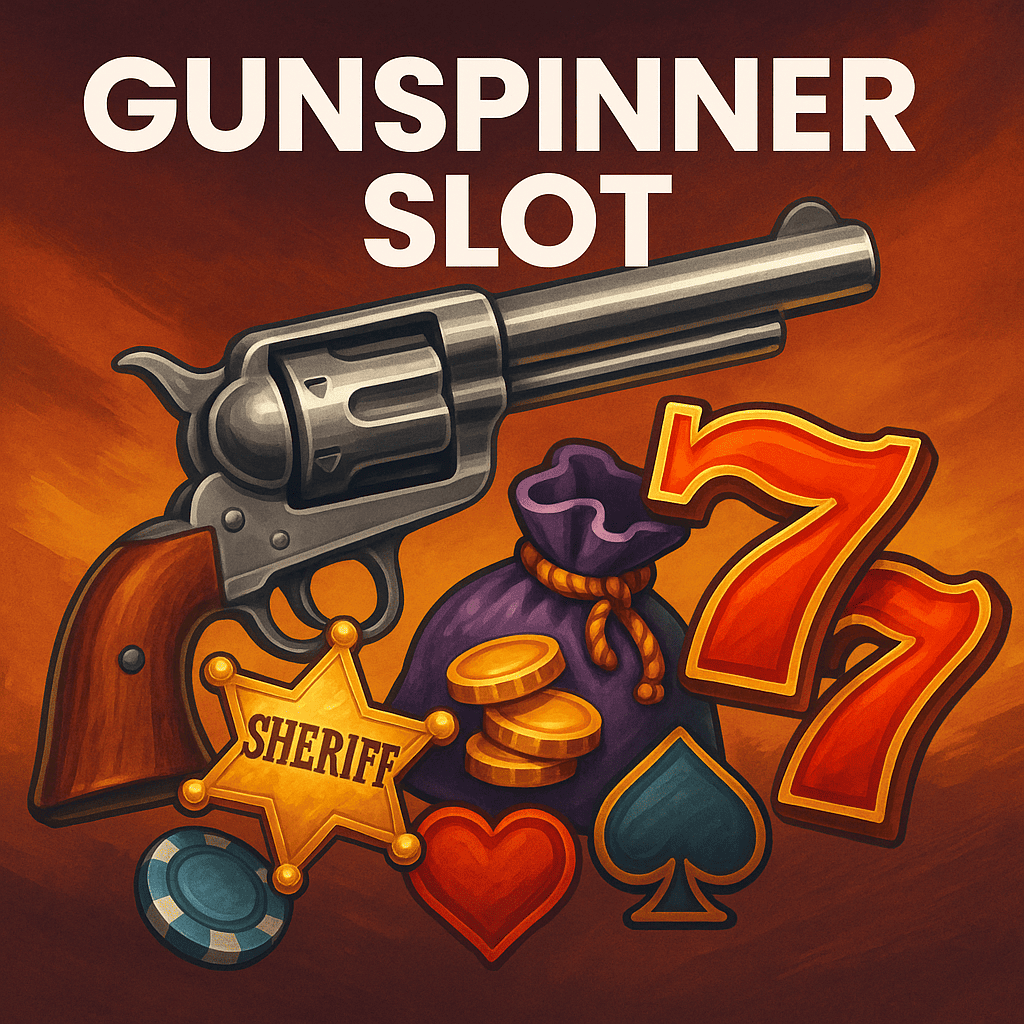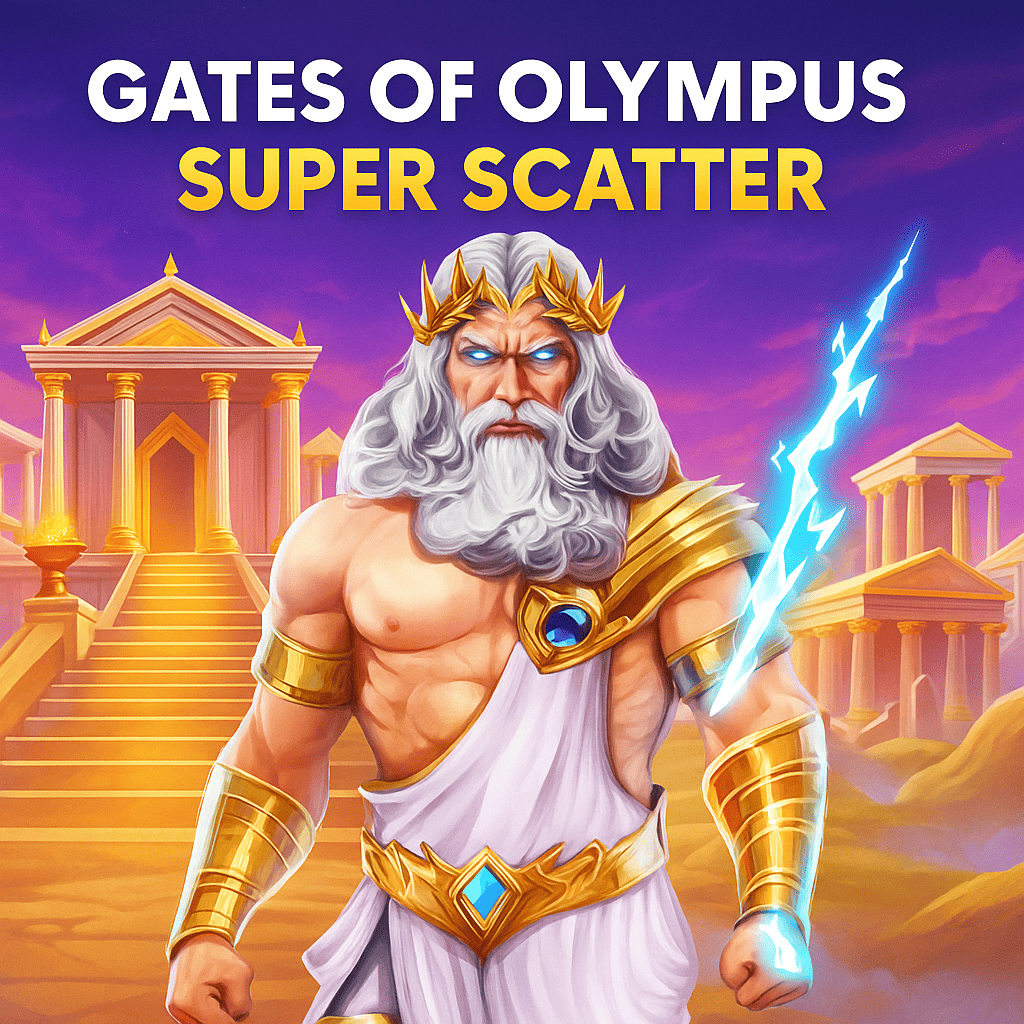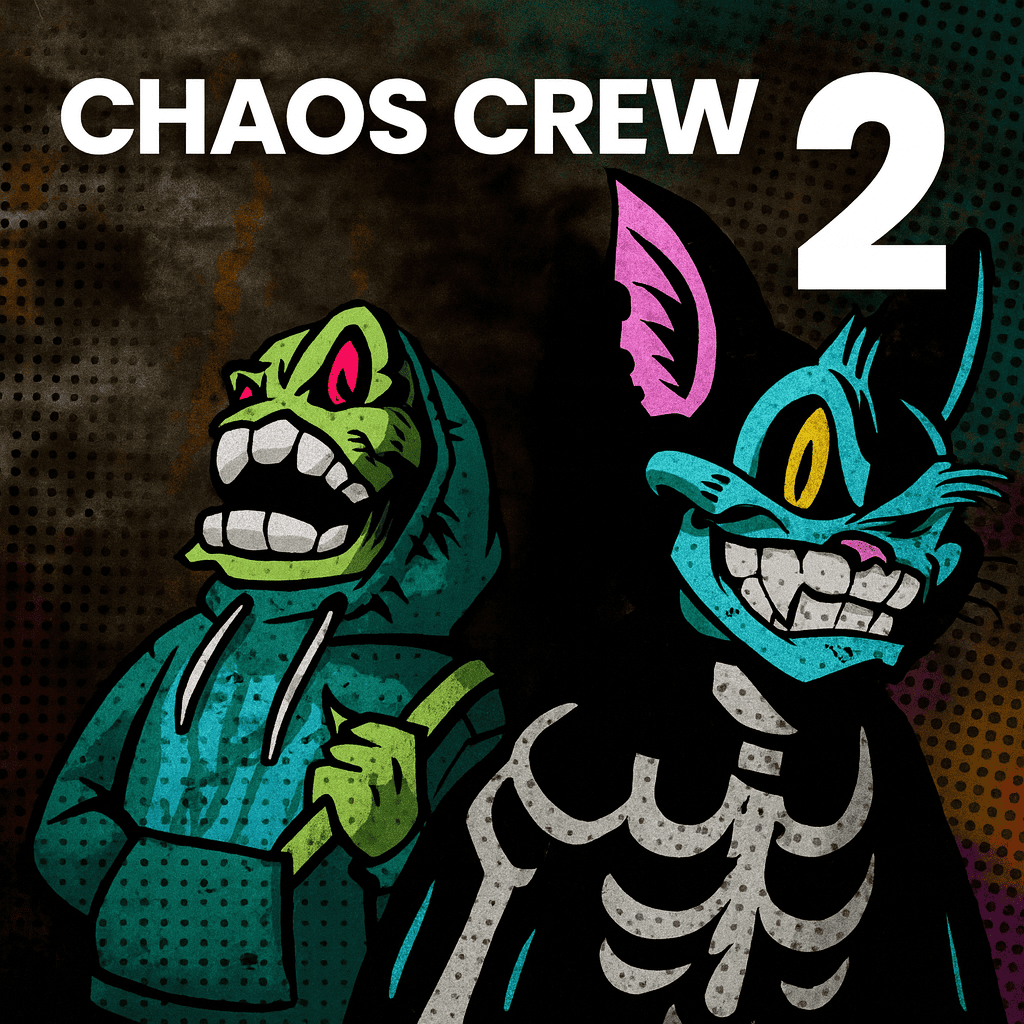Poker
The Legendary Card Game of Skill and Strategy
With origins tracing back centuries, poker has evolved into one of the most iconic and enduring card games worldwide. From smoky saloons in the Wild West to the glittering tables of Las Vegas and cutting-edge online platforms, poker attracts millions of players with its unique mix of strategy, psychology, and risk-taking. Whether you’re a curious beginner or a seasoned grinder, here’s why poker remains the king of card games.
🃏 Gameplay and Variants
- Most Popular Variant: Texas Hold’em
- Typical Table Size: 2 to 9 players
- Buy-in Range: From €1 to €100,000+ (micro-stakes to elite high-roller events)
- Volatility: Medium to High (cash games tend to be steadier; tournaments are highly volatile)
- Skill Factor: Very High (though short-term luck plays a big role, especially in tournaments)
Highlights:
- Each player is dealt two private cards (“hole cards”).
- Five community cards are revealed across three stages: the flop, the turn, and the river.
- The best five-card hand wins the pot – hand rankings range from high card to royal flush.
- Players can fold, check, bet, raise, or go all-in depending on their strategy and stack size.
💡 Why Is Poker So Popular?
- Strategic depth – Poker rewards long-term thinking, emotional control, and reading your opponents.
- High drama and variance – Big wins, brutal beats, and heroic bluffs make for unforgettable moments.
- Massive tournaments – Events like the WSOP (World Series of Poker) offer life-changing prize pools.
- Social and competitive – Whether live or online, poker is a deeply interactive and competitive experience.
- Accessible entry points – Free-to-play apps and low-stakes games offer a safe entry for beginners (though they differ from real-money play).
♠️ Variants and Formats
Poker comes in many flavors to suit different play styles and preferences. Here are a few popular ones:
- Omaha: Similar to Texas Hold’em, but each player receives four hole cards and must use exactly two.
- Seven-Card Stud: No community cards – players build hands using a mix of face-up and face-down cards.
- Zoom Poker: A fast-fold variant where you’re moved to a new hand instantly after folding.
- Spin & Go: Three-player hyper-turbo tournaments with randomized prize pools – high variance, fast pace.
- Live Dealer Poker: Streamed poker tables with real dealers. Note: some versions (like Casino Hold’em) are played against the house, while others follow traditional peer-vs-peer formats.
📈 Beyond the Cards
- Bankroll management – Crucial for long-term success, helping players endure the game’s natural variance.
- Rake – Online rooms and casinos charge a small percentage (rake) from pots or buy-ins, affecting profitability.
- Psychological warfare – Live games often involve reading physical tells, speech patterns, and betting behavior.
🧾 Conclusion
Poker is far more than a game of chance — it’s a dynamic battle of logic, deception, and calculated risk. From calculating odds to executing the perfect bluff, poker offers endless depth and challenge. With its vibrant community, global reach, and ever-evolving formats, it continues to thrive on both online platforms and in live card rooms around the world.
Game Developers
Year of Release
RTP
Demo version
Theme and Graphics
Compatibility
Game variants
-
Texas Hold’em
-
Omaha
-
Seven-Card Stud
-
Five-Card Draw
-
Caribbean Stud Poker
-
Three Card Poker
-
Live Dealer Poker
How Online Casino Bonuses Work
And Which Ones Are Worth It
Curious about how online casino bonuses really work? Discover the most common types — from no deposit offers to free spins and cashback — and learn how to claim the best ones with confidence in our complete Bonus Types guide.
